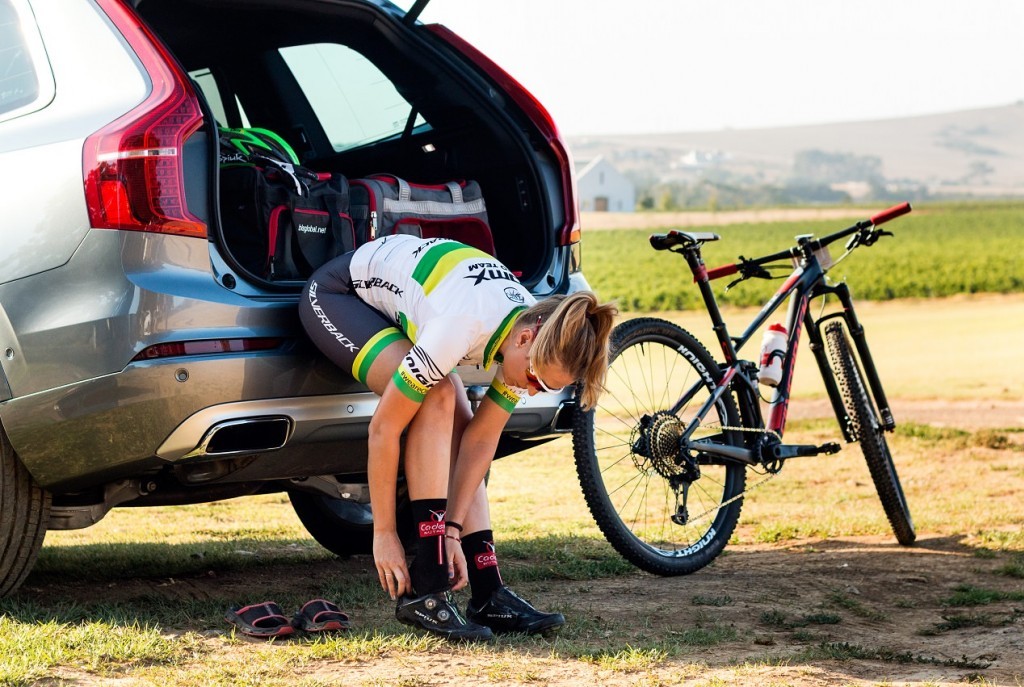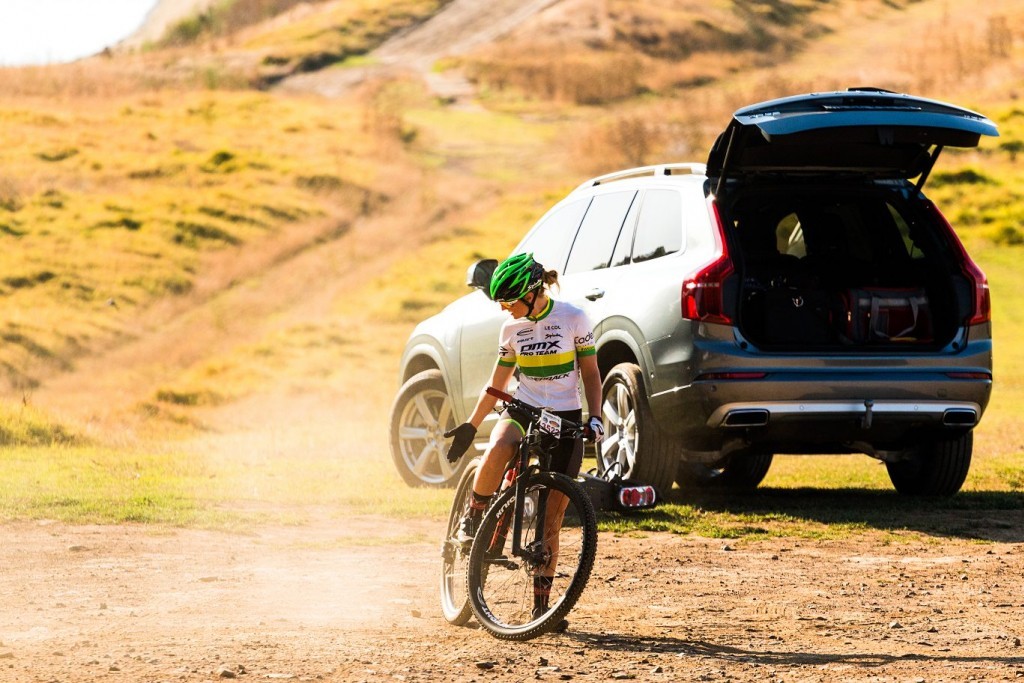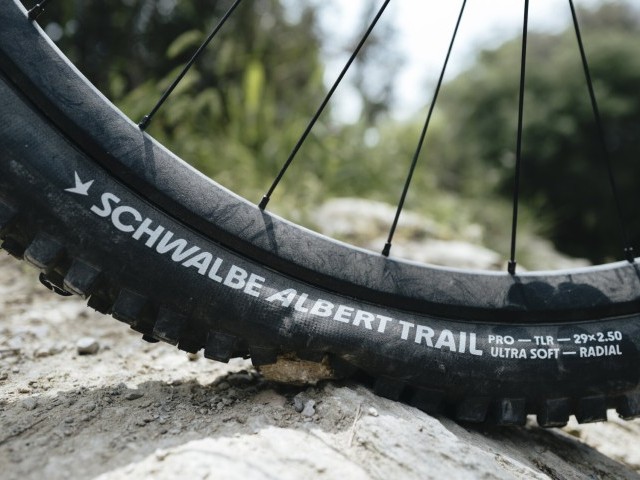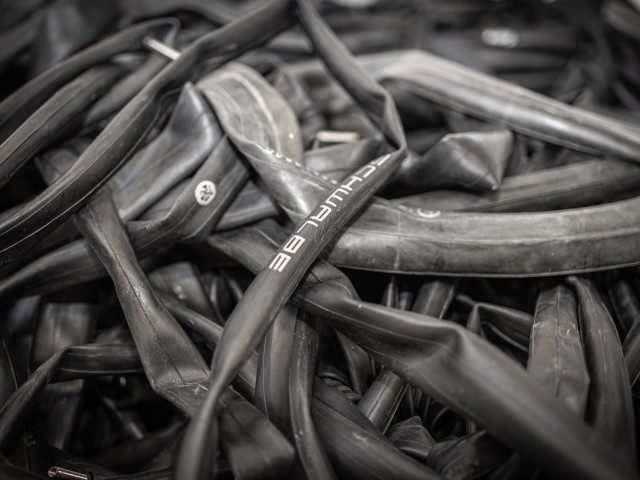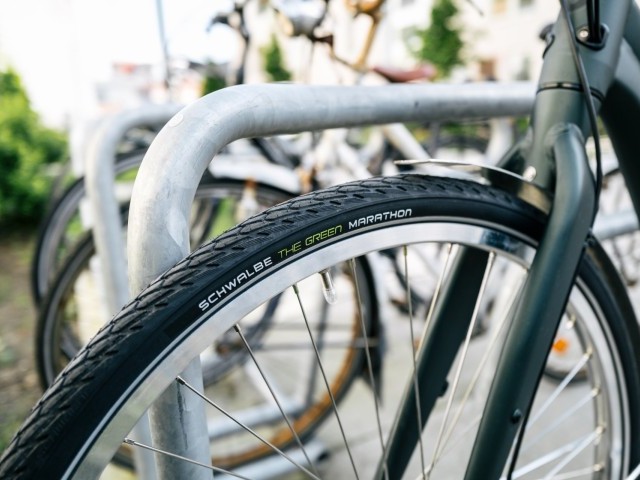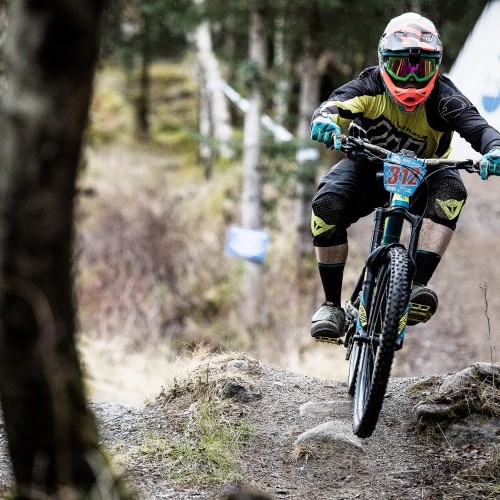
The Psychology of Technique
Features / Thu 22nd Feb, 2018 @ 9:30 pm
Often we see mountain bikers (I’m not talking about DH’s because they’re just nuts!) flying down a mountain, around switchbacks, going through single track though a forest with absolutely no fear, or going through a rock garden like it’s tarmac! How do they do this so fearfully, with so much confidence?
In this article, I’ll look at the psychology of technique, and why some riders can go down hills and over obstacles fearlessly, while others cannot get over the fear attached to it. It’s a crucial element to mountain biking, and one that every rider who wishes to be successful, to perform at their best, or just for the sake of safety – needs to master.
The obvious thought it that this ability comes from experience, and with that experience comes confidence and self-belief. They are self-assured of their ability, and therefore have no fear of confronting it throughout a training ride or race. And that’s 100% correct! Through hours (probably 100’s if not 1000’s!) of training, they have mastered this skill. However, on the other hand, some riders who have been riding just as long still have the same problem of not being able to do so.
Other riders are absolutely petrified of these obstacles, and it’s what’s holding them back from riding at their best. Often these riders are physically strong enough to compete with the best in their league; however this simple lack of technique is preventing them from doing so. It’s the missing piece to their puzzle.
So how do we fix it?
Before I answer that, it’s Important to remember: sometimes it goes wrong, we miss-judge and go down. But here’s the thing, the best riders are able to bounce back, put fear behind them and carry on with the same confidence and self-belief as before. That’s where mental toughness comes in.
The best riders (like Formula 1 drivers or alpine skiers) know the danger involved, but are able to put it into perspective, think rationally about it and block this out to focus on the task at hand. They are able to still perform under the pressure, and if something goes wrong, to get back up and carry on.
The key element in overcoming this fear and confronting the obstacle is to focus; and to focus we must be calm – so there we have what we need to work on: remaining calm, and then focused. We need to focus on our ability to complete the task, and think rationally about it. This means, if we have done the preparation, there is no reason to doubt ourselves. We have the ability, so all we need to do is focus on completing the task as best possible.
It’s a debateable topic in sport psychology, but I am a firm believer in this through personal experience. If you think the right thoughts, those of confidence in your abilities and the preparation you’ve done, and even to think you are better than you really are (within reason of course), then you will have a much better chance at completing the task than if you think of your actual abilities, or start to doubt yourself. It’s simple, what you think matters!
Remember, this is a controllable factor of preparation! Which means we have 100% control of it and can work on it to improve. Preparation is the foundation of confidence, so the better you are prepared, the more confident you will be, and more often than not, the better you will ride. Rather focus on improving this controllable, than worry about things we have no control over.
Here are some techniques to try:
Visualisation: is to imagine yourself completing a task successfully. Close your eyes, wherever you are, and imagine yourself completing the task you are so fearful of. Imagine going through it with confidence and as smooth as Nino Schurter! Try visualize it as realistic as possible, with the most possible detail. Think of the feelings, sounds, etc. It can be in the first or 3rd person, there is no evidence of either being better. Go through it as many times as possible, until you are visualizing it perfectly.
Self-talk: is simply to talk to yourself. It’s about saying what your coach, friend or whoever can make you calm would say. It’s a personal thing, so try think of things that’ll actually impact you. If you can find and practice some key words and phrases, you can use them to help calm yourself, and focus on the task. It can also be used to control your arousal.
Pre-race rituals: are something to try if you know what will make you stay calm and focused. If you are used to a certain routine, it will feel normal, and not out of the ordinary. This will hopefully reduce some of the pressure/stress associated with race day and the obstacles involved. Try not to get too obsessive about it; otherwise this also can become a problem.
Arousal regulation: is simply to control how aroused you are in a given situation, either to psyche up if you’re feeling too calm (not focused enough); or calm down if you’re feeling too anxious or fearful. There are many techniques to control this like deep breathing, screaming, changing thoughts, etc., and is something you will need to practice to find your own peak arousal zone. I stay clear of saying relaxed (which is not the same as being calm, as to be calm is more related to your thoughts), as some riders perform better when tense and psyched up, while other perform better while completely relaxed, it’s a very individual thing.
Some would say goal setting, and this is true, but I would stay clear of outcome or performance (measurable) based goals, and focus on process goals for this scenario, which means to set goals for improving a specific technique, like a jump or switchback.
Don’t think about it! Clear your mind to think positive, confident and calming thoughts. Think the right thoughts, and think rationally!
It’s important to remember this won’t change or improve over night, like anything worthwhile, it takes time and consistent practice. Each time after a ride, go through your technique and assess where you did well, and where you had trouble. Re-live the parts you rode well (Visualisation), and then apply the techniques to the parts you struggled with. This self-assessment is crucial to improvement.
Over time, and with practise, you will improve your technical skills, and perform better. Applying the techniques of sport psychology can definitely help you, so if you’re waning to go to the next level or just conquer your fear, and are willing to put in the work, then give it a go!
Thu 22nd Feb, 2018 @ 9:30 pm
By Matthew de Freitas
I’ve been an avid cyclist for as long as I can remember, specializing in track sprinting, being a national champion and representing my country at international level. I have a keen interest in sport psychology specific to cycling, and have an honours degree in this field allowing me to write about it. I am the co-founder of Black Line Sprinting making cycling specific luggage and accessories.

